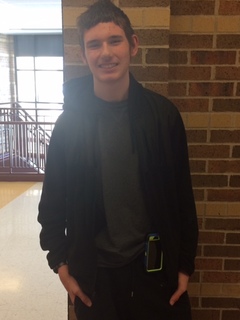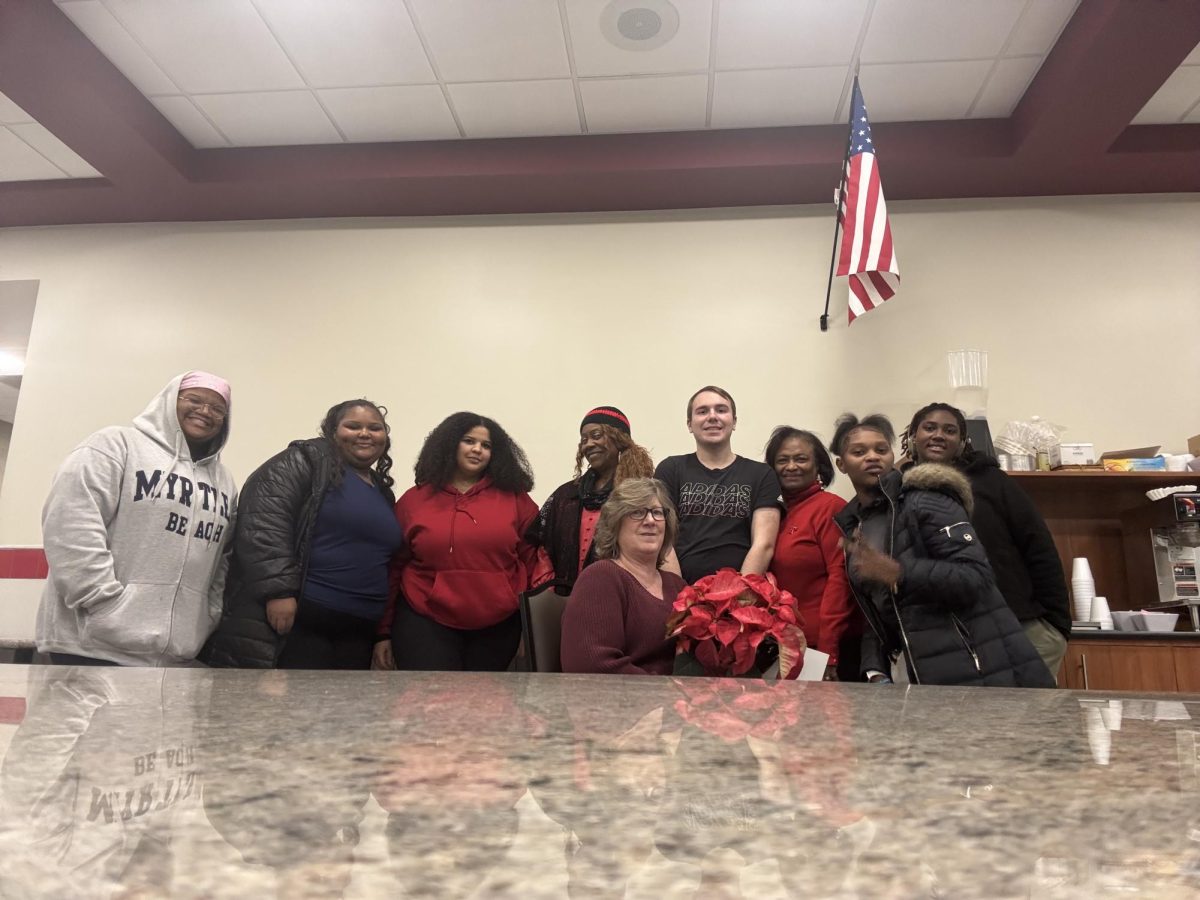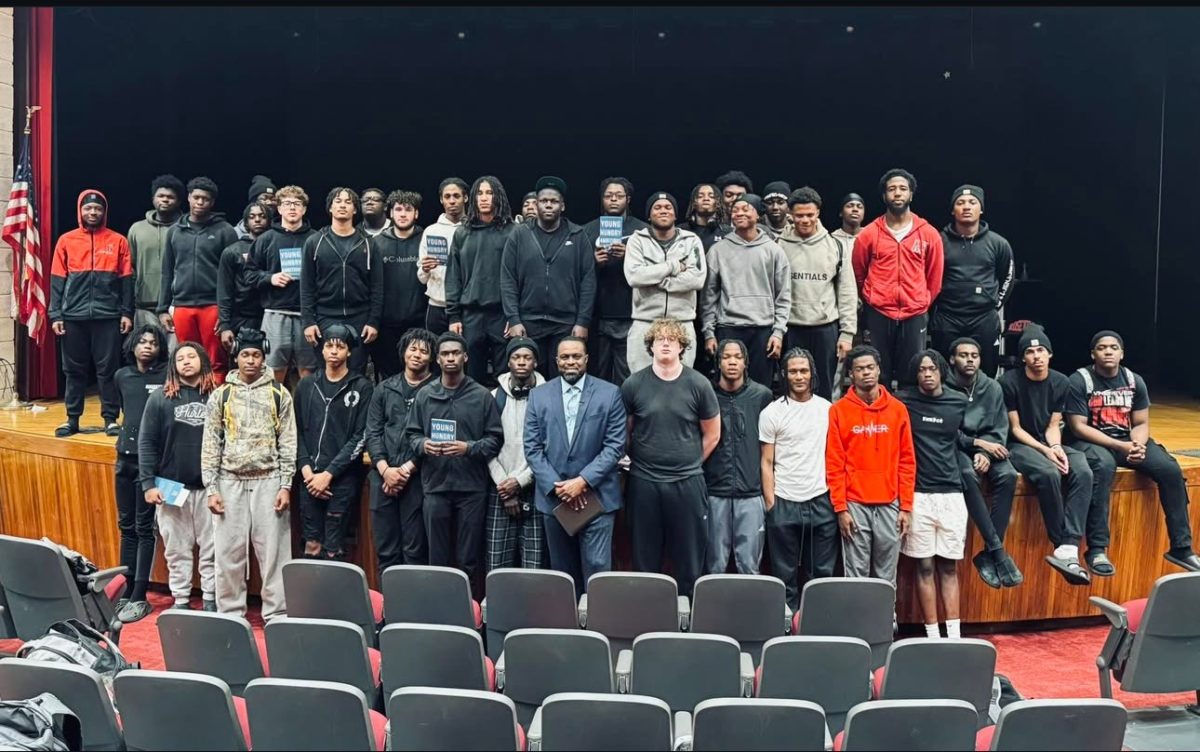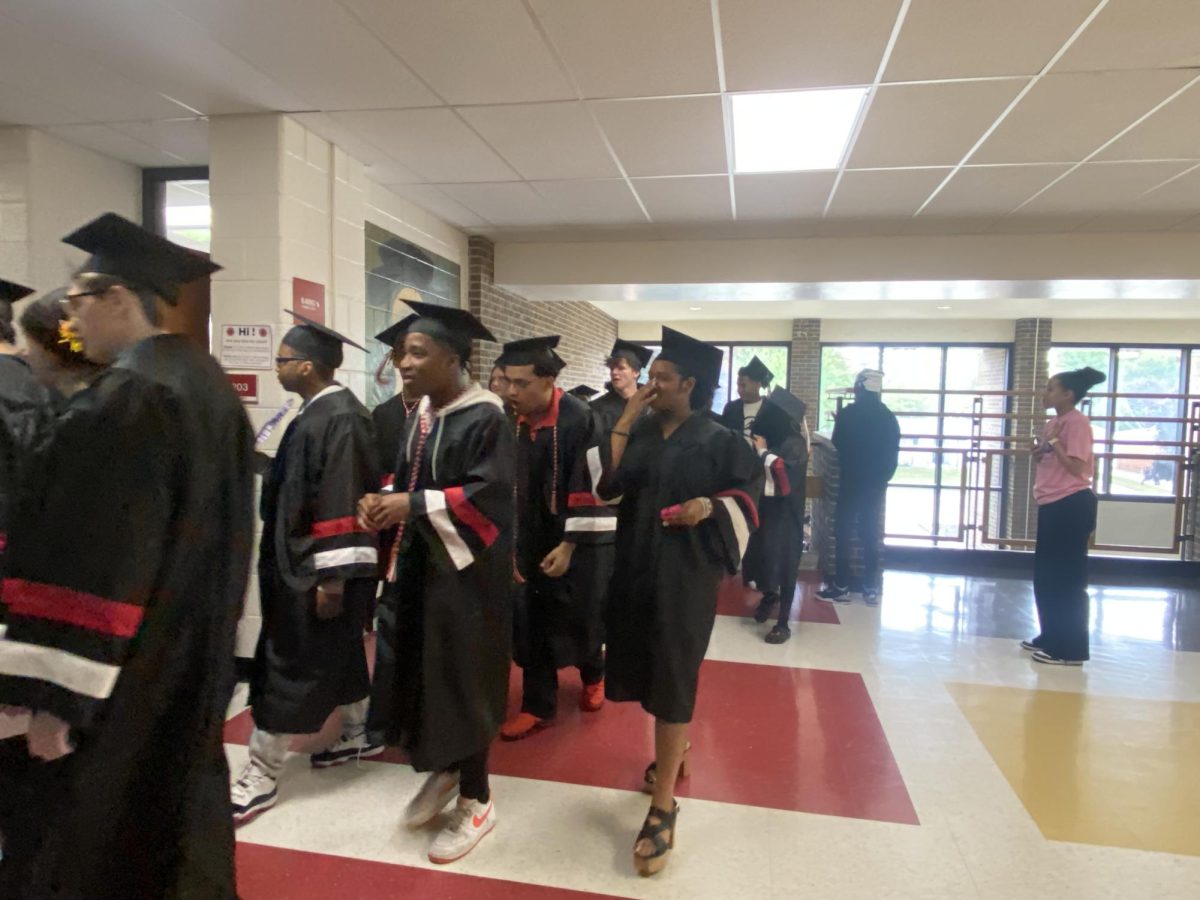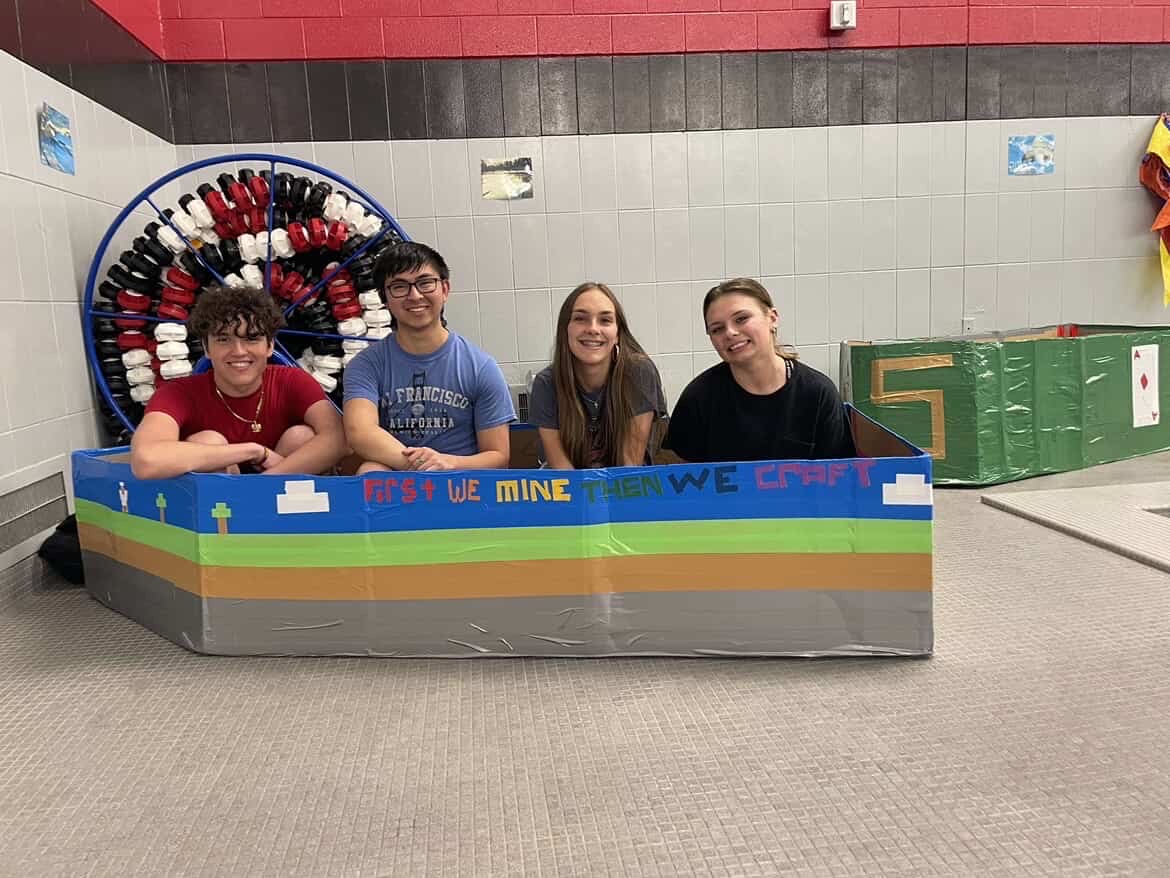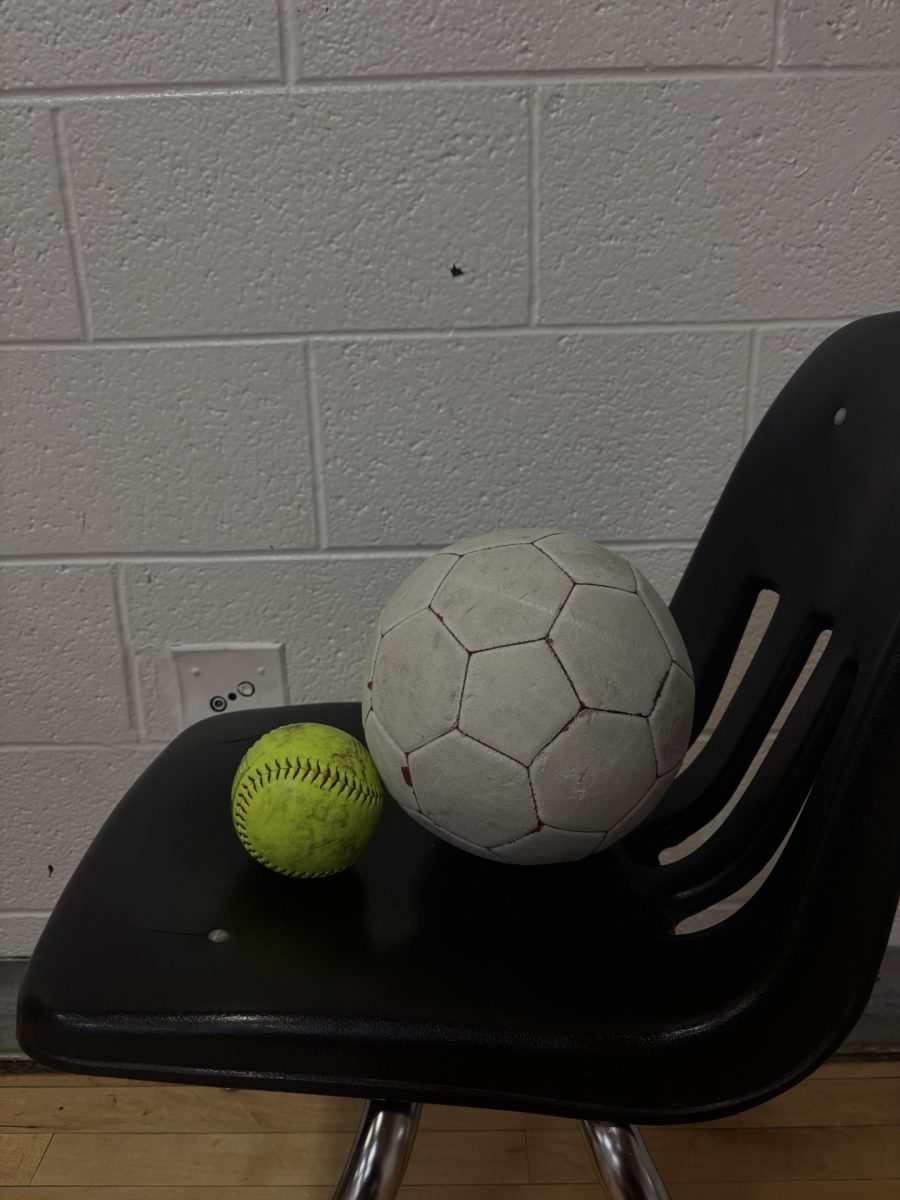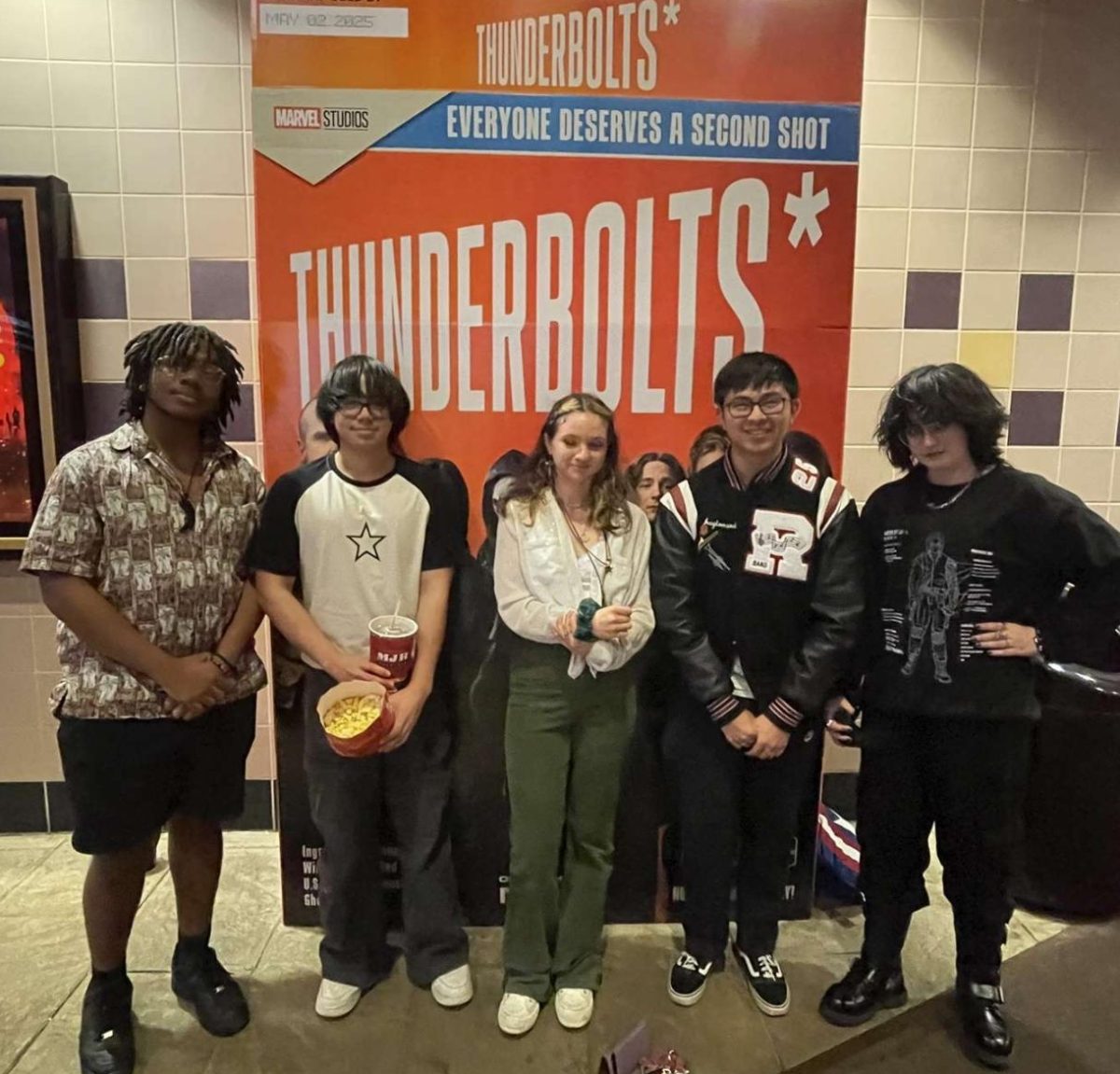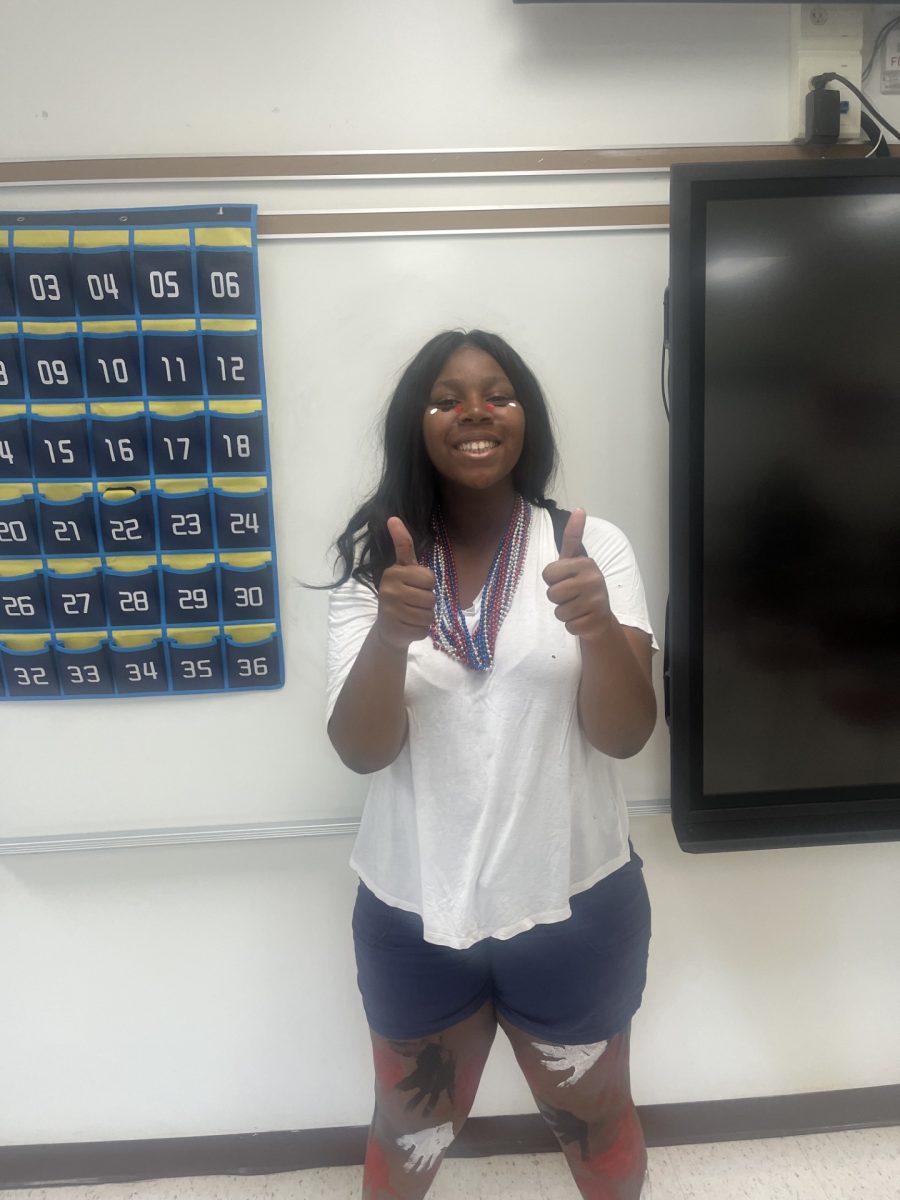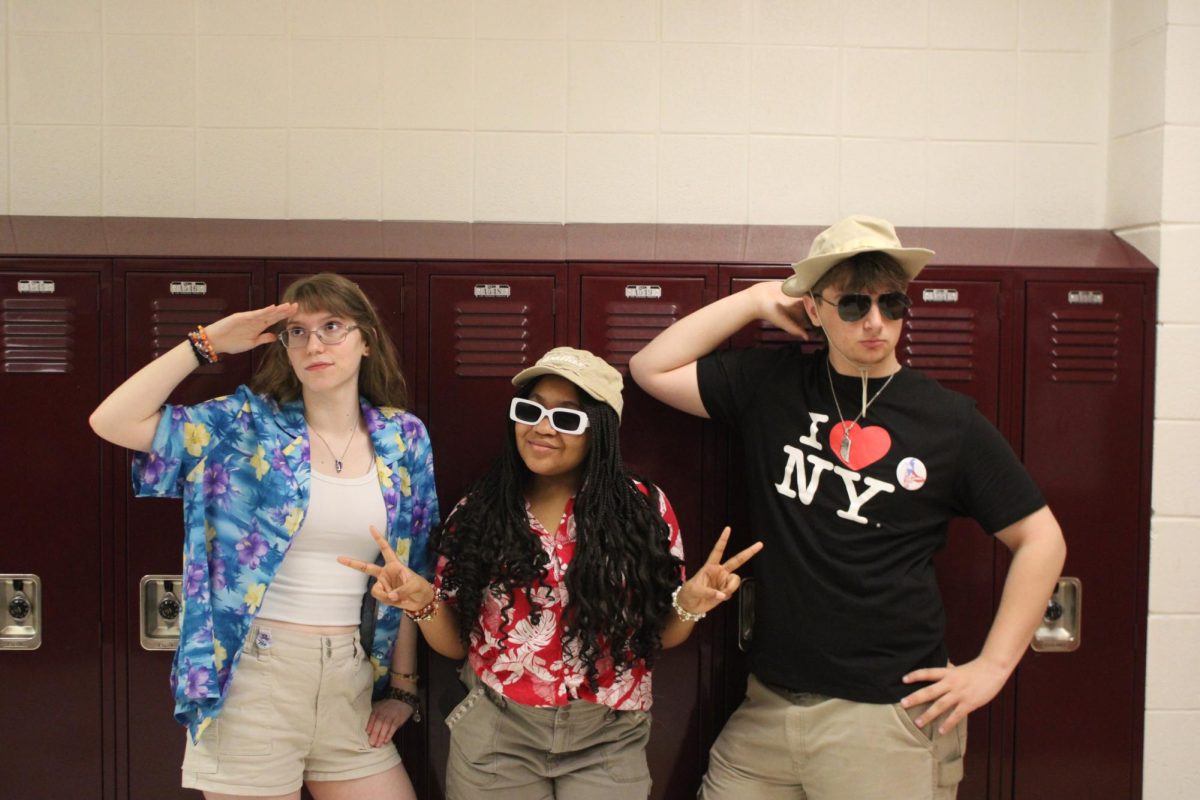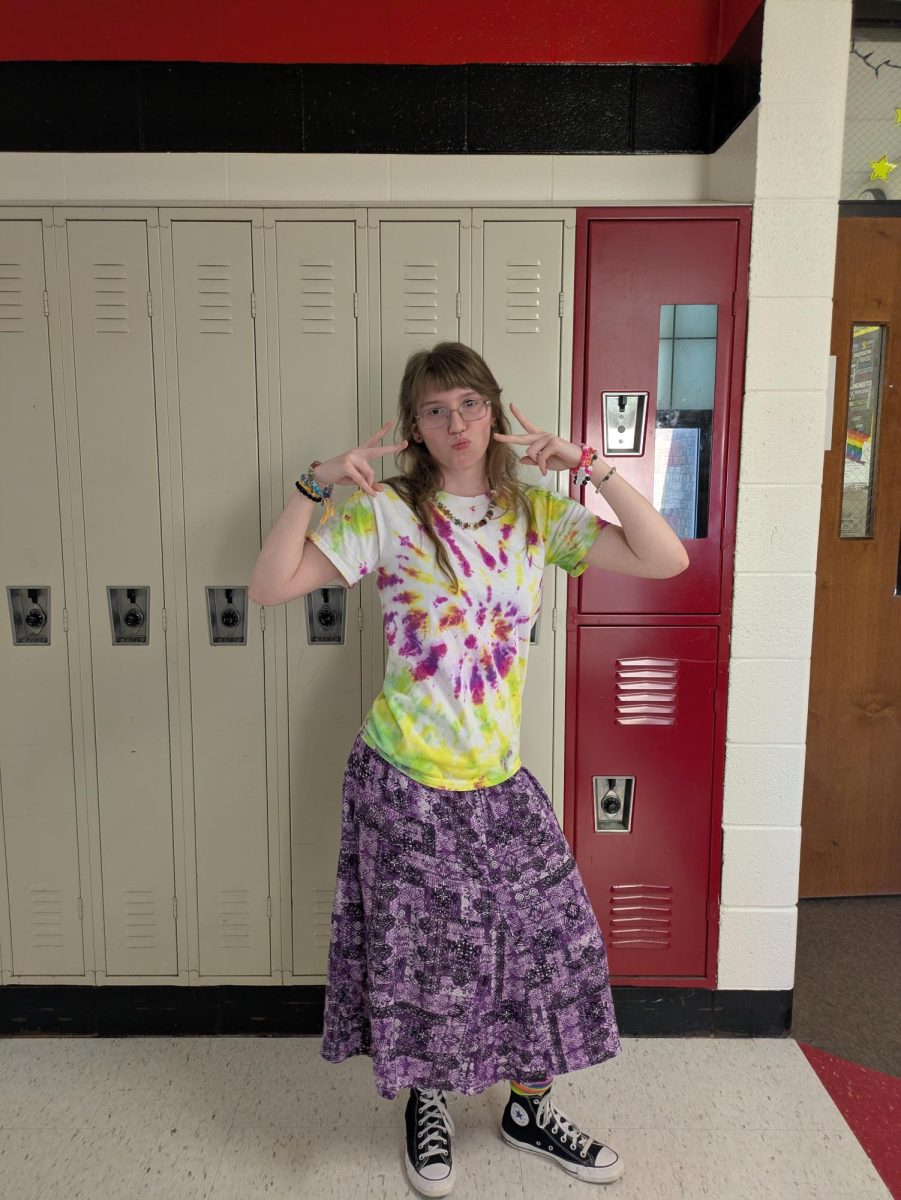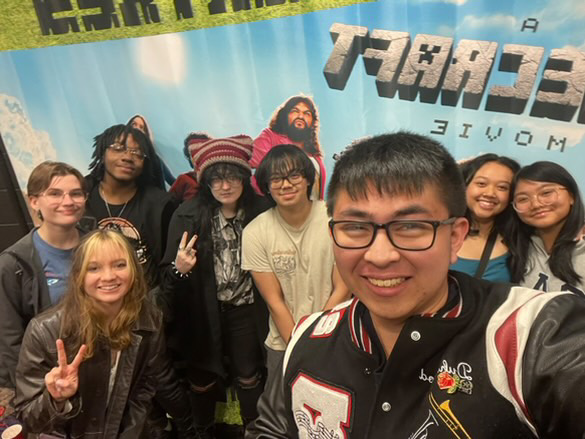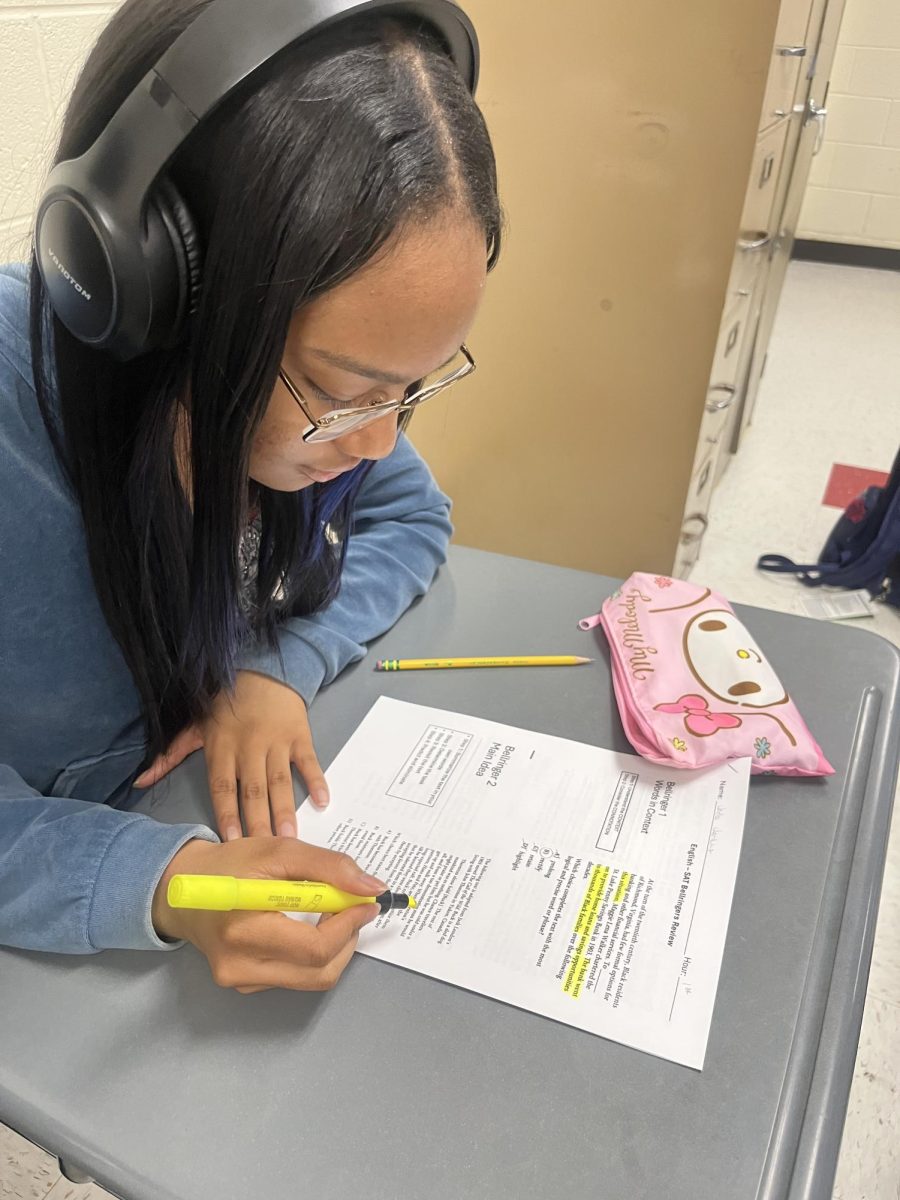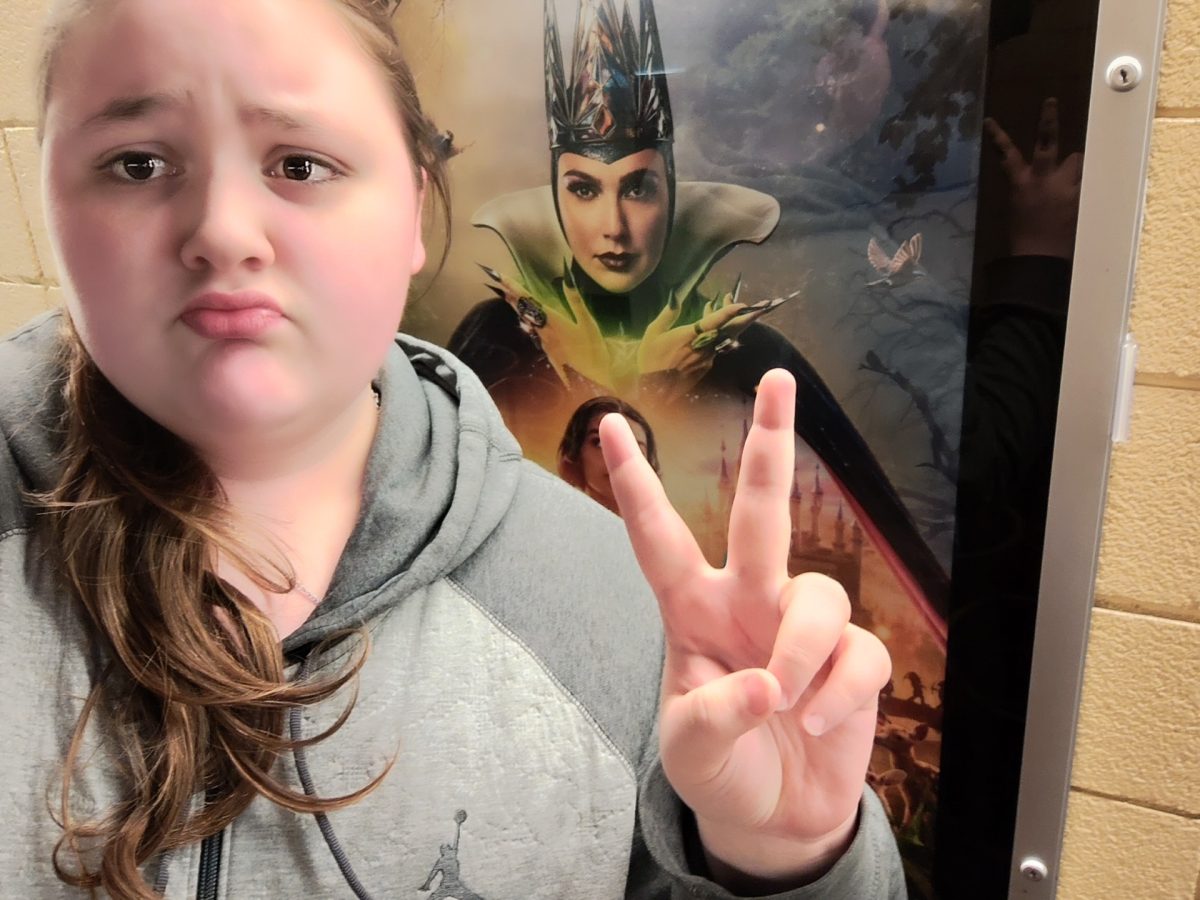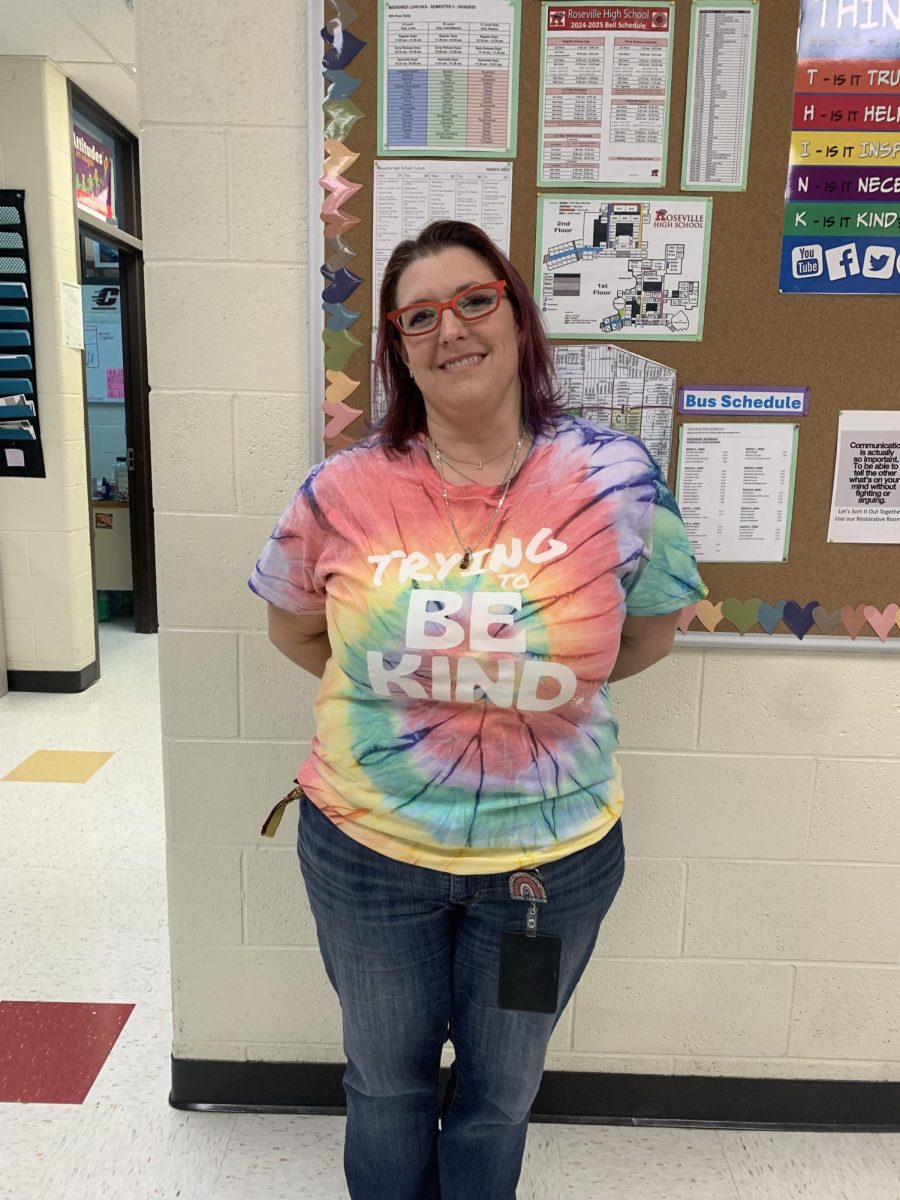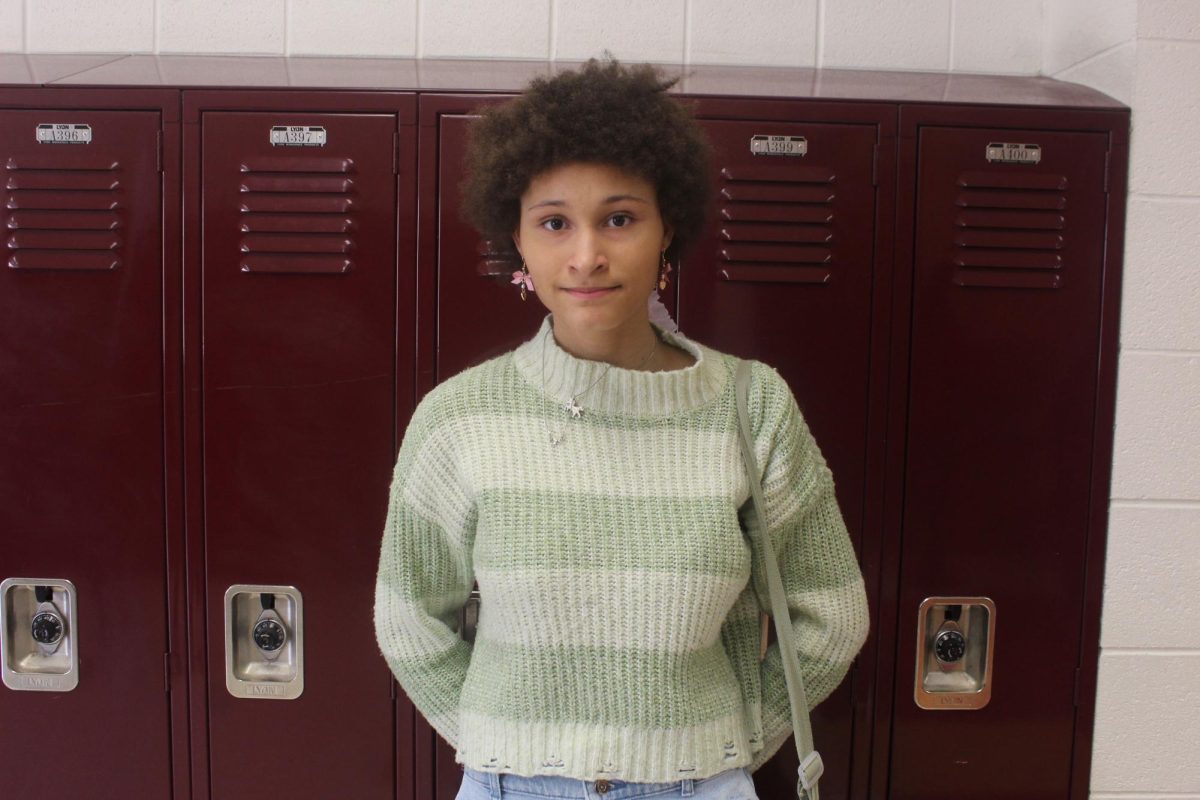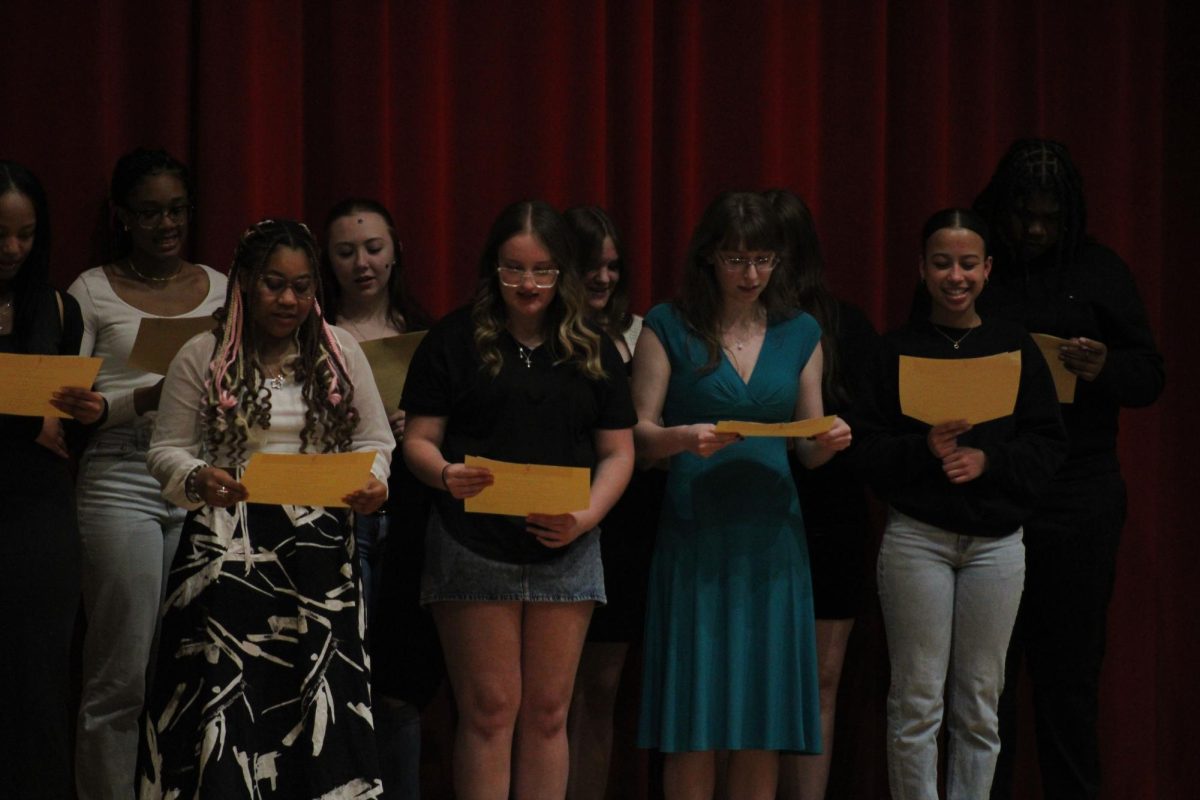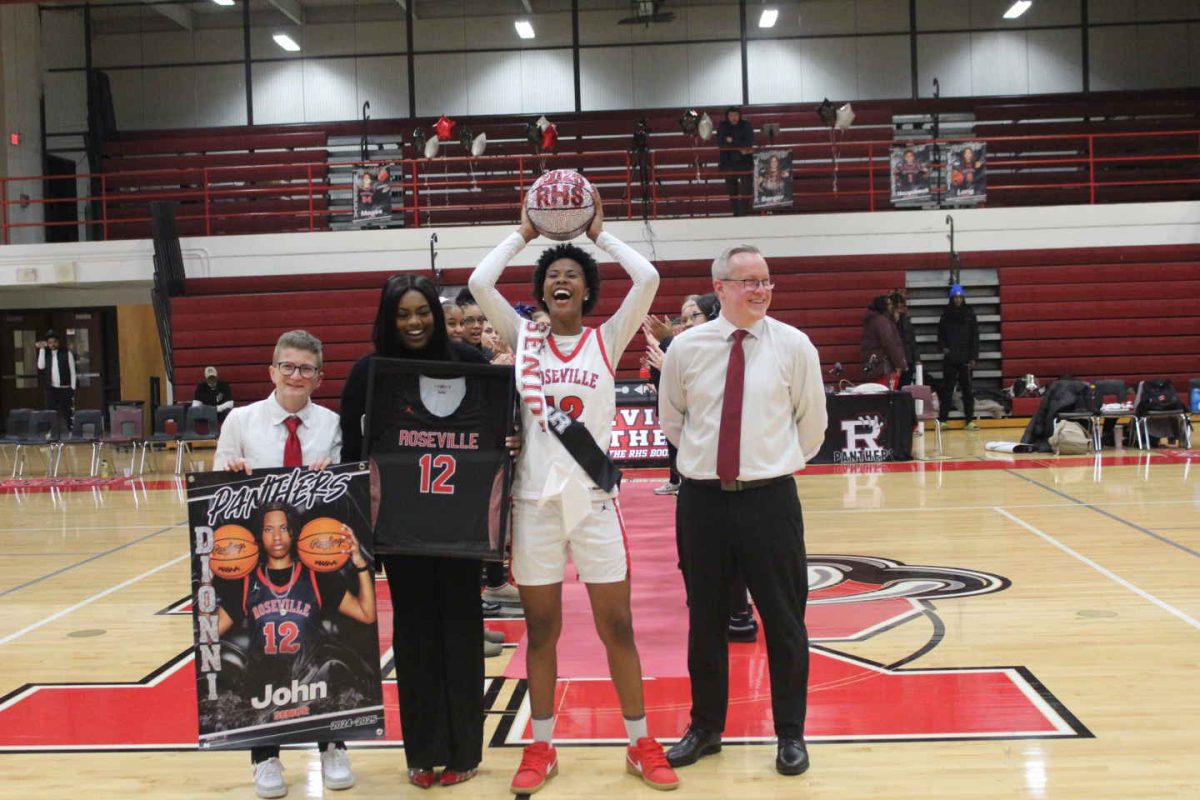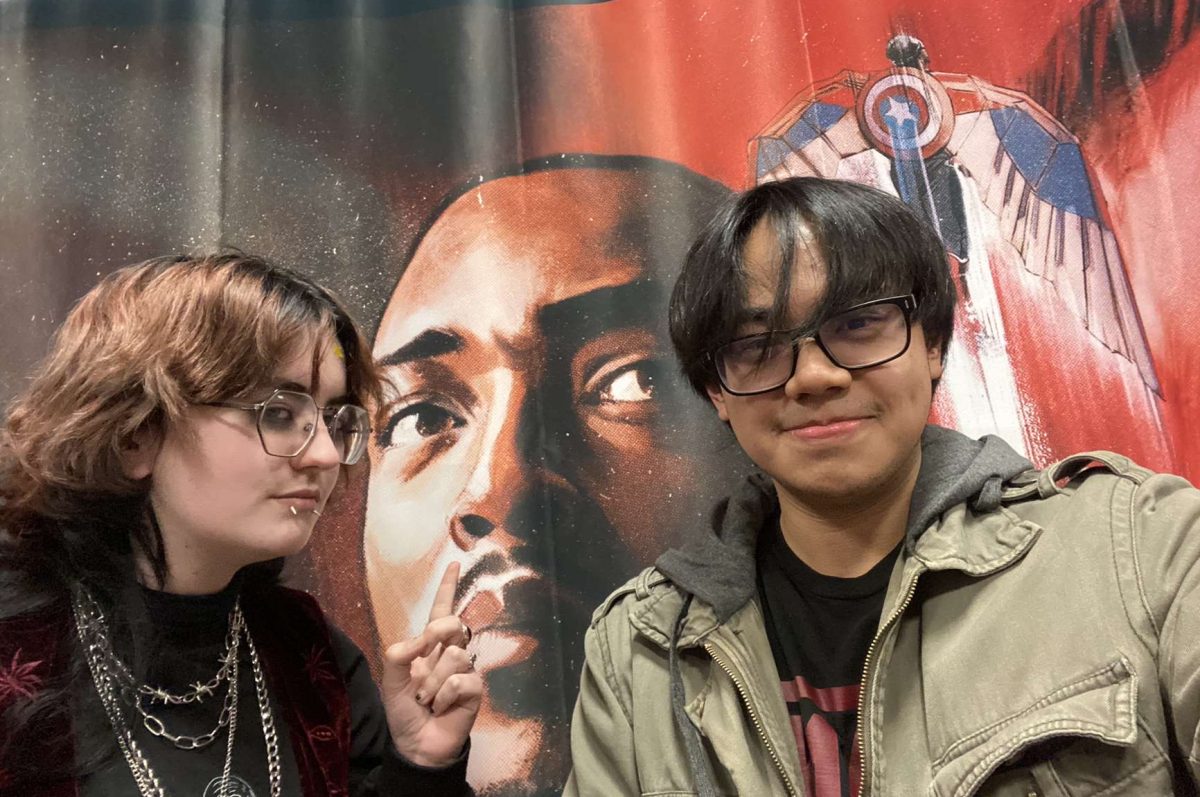Freshman spreads positive message
March 31, 2015
Within the walls of RHS, we have many remarkable students, including 15 year-old freshman Patrick Schalm. Schalm has a passion for writing; therefore, he enjoys activities such as poetry, and writing lyrics. He also has an interest in nature; he even likes to do bird calls. Despite some of these compelling interests Schalm has an unusual factor in his life.
“I shouldn’t be mad for the world not being there for me, I should be there for the world.”
Schalm has a condition known as CMT, which stands for Charcol-Marie-Tooth. This is also known as hereditary motor and sensory neuropathy. In other words, the neuropathy affects the nerves. The motor nerves affect the muscles greatly, whether it is speaking, walking, or breathing, or even swallowing. Mostly, in Schalm’s case, it affects his walking.
CMT has started to affect his feet and legs at a young age. Schalm’s left foot is flat and his right has a severely dropped arch, making them very different. Schalm explains that it is hard putting his shoes on or evenfinding shoes that are comfortable. To make walking easier, Schalm wears leg braces. Although, his braces cause irritation to legs which at times can give him blisters.
“Usually when I go home, I take my socks off and they would be soaked with blood,” Schalm explains.
Schalm describes how his muscles tense up; sometimes, his muscles become numb and he can barely move his feet or legs. At times, he cannot even feel or move his toes.
Due to unfortunate circumstances, as a little boy, Schalm was taken out of the care of his biological mother and is now in the care of his foster mother, Pamela Weber.
“I believe Patrick’s biggest struggle is that he does not know when or to what extent his CMT will affect him. It is a progressive disease and no two people will have the same outcome,” Weber said.
Schalm’s brother also has CMT, and has been in a wheelchair since the age of 13.CMT is hereditary, and since Weber did not know much about Schalm’s background when taking him into her care, she did not know about his disease right away. Schalm went through a lot of traumatizing events during his life before Weber; most of which he does not remember.
“I have not met one person who has said, ‘I could survive that without being where you are’,” Schalm said.
After all of Schalm’s hardships, Schalm has found ways to recover and cope on his own.
“The way I move on is that my change in point of view on the world helps me look at everything better. If you took the time to really understand some things, you could also see how everything works.”
Schalm explains it is a challenge to be physically out there, so being a mindful person helps him regain his confidence. Also, Schalm finds happiness in helping people and wishes to be the best to his ability.
“I shouldn’t be mad for the world not being there for me, I should be there for the world,” Schalm said.
Schalm’s biggest dream, amongst others, is to travel to a third world country and give them help, as he puts it. He wants to do things such as build a school, supply food and water, and give them stability to their lifestyle.
“If the poor in a third-world country can survive their situation, I can survive mine and almost anything,” Schalm said.



